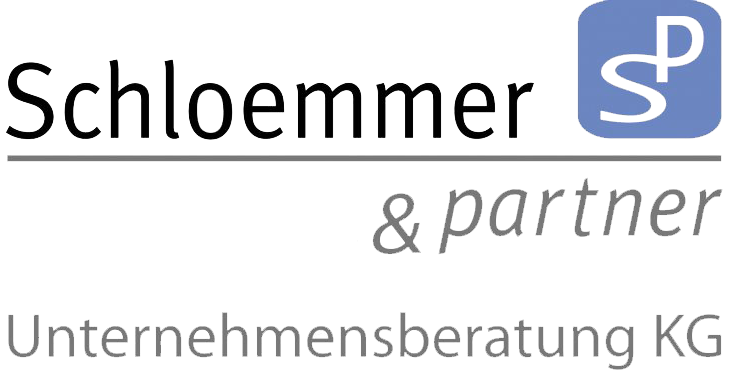“Money for working time” no longer works …
It is not only futurologists who are concerned with the question of whether we have reached a crossroads that brings alternative ideas and lifestyles. Or are some things now coming to the surface that were already there before the pandemic and just needed a nudge?
Triggered by the pandemic, many people have begun to question their current way of life. Is the pursuit of material things the right path? At the same time, the current issues of climate protection and other value-based discussions have remained. The spectrum ranges from veganism to the ecological footprint. Against the backdrop of these smouldering issues of the future, companies must now address an important question: How must the framework conditions be designed in the future in order to be able to cope with the new worlds of work?
In top executive coach Schloemmer’s management seminars, the question of how to motivate employees and retain them in the company is always on the agenda. Conversely, companies lose good employees because they do not have a positive experience of the management culture. And the material and immaterial incentives on offer are clearly having less and less impact every day.
“As an executive coach, I recognize a clear trend here: the more attempts are made to buy motivation, the weaker the leadership, the more threatened the company. More and more people are no longer satisfied with the economic exchange of “money for working time”. It is more about the positive experience of everyday management. However, this requires managers to change themselves.”
“Our concept of supportive leadership requires leadership ethics. It is about expressing and recognizing each other’s interests, clarity and consistency. Successful companies have distinctive forms of results review combined with clarity, consistency and appreciation.”
So what does this new understanding of leadership entail?
Employees are not only top performers, but above all people. Therefore, a manager must also have an authentic interest in the wishes and needs of employees. It’s about taking employees seriously and showing interest in their work. In the next step, the manager strengthens the employees’ self-esteem through professional feedback. Every opportunity should be taken to recognize special achievements and good ideas.
Trust is particularly important here – not only in digital leadership in the home office, where “lack of trust” is only noticed more quickly. Instead of constantly monitoring the work process, managers must provide emotional and practical support in order to find possible solutions to difficult tasks.
Every employee must have the feeling that their manager is there for them and can be reached.
Supportive leadership is all about clear communication. First, the goals and tasks are clarified. Managers can then offer employees help and support, as well as guidance and backing. This is a healthy basis for developing ideas and impetus in a joint dialog. Modern managers support their employees in order to find solutions to difficult tasks together. In order to implement this convincingly, completely different values, skills and a completely new understanding of the role of leadership are of course required.
Further information: www.schloemmer-partner.at






























































